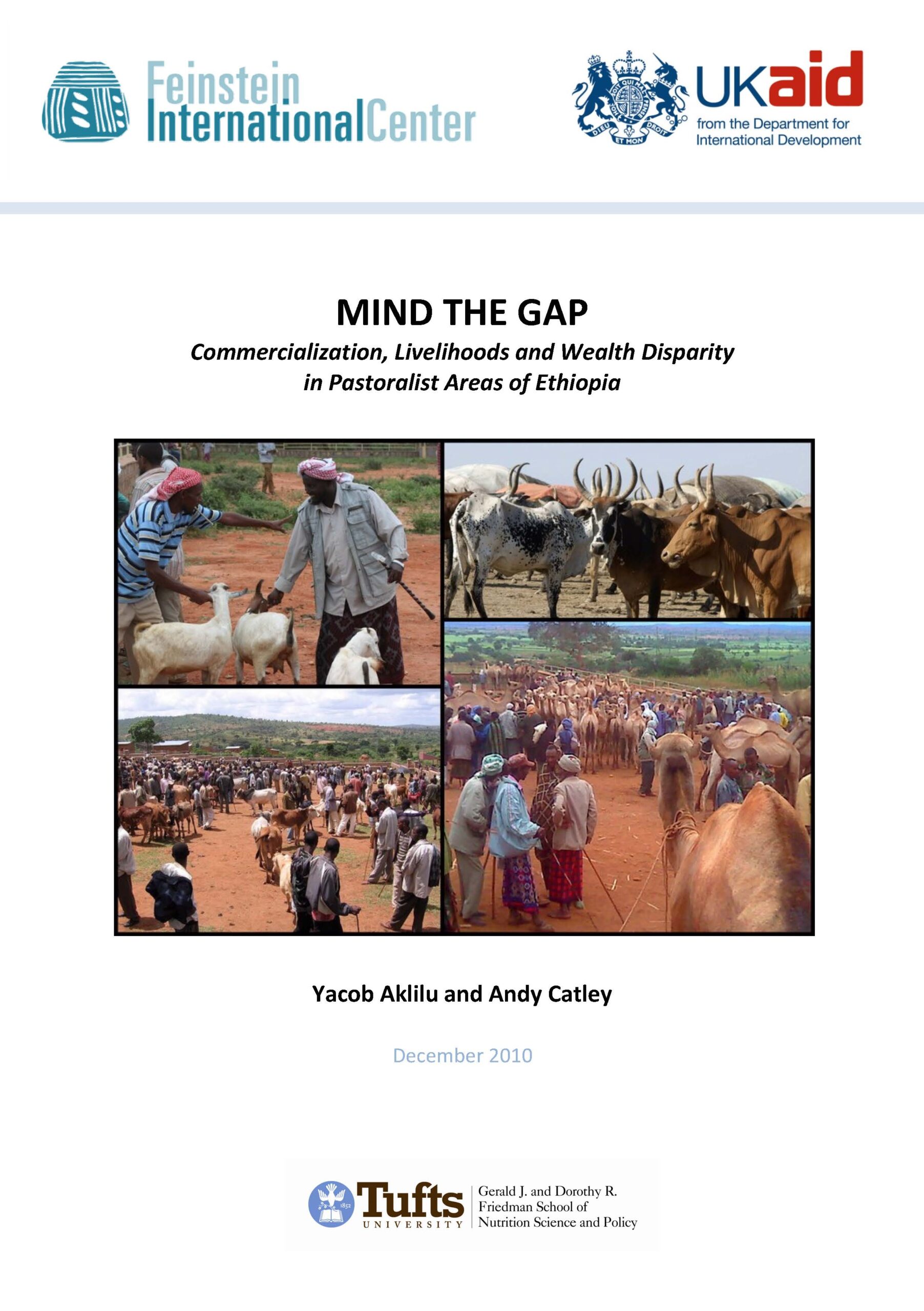This was a follow up study to earlier regional analysis for the IGAD-FAO Livestock Policy Initiative that examined the benefits of livestock exports by pastoralist wealth group. Mind the Gap focuses on the Borana and Somali areas of Ethiopia, and describes the growing formal trade in meat and animals from pastoralist areas, destined for export markets. The report discusses how this commercialization trend is affecting poorer pastoralist households, and revisits the logic of safety net and asset-building programs for these households. The study was funded by the Department for International Development (UK) in Ethiopia.
Mind the Gap

December 2010
ASSOCIATED PROJECT
SUBJECTS
PUBLICATION TYPE
LOCATION
RELATED PUBLICATIONS
The time pressure involved in designing and implementing anticipatory action can discourage the localization of decision-making. Learn more from a cartoon-infused summary of insights.
•
July 2024
Early Warning Systems can reduce deaths and damages caused by extreme weather events, if investors address gaps in communication and planning. Learn more from a cartoon-infused summary of insights.
•
July 2024
This synthesis report reflects upon Phase 1 findings on humanitarian action in pastoral drylands of the Greater Horn and Sudano-Sahel.
•
June 2024
This desk study examines common perceptions of pastoralism among humanitarians and barriers to international humanitarian systems meeting pastoralists’ needs.
•
June 2024
This desk study explores how state-owned policies and programs in pastoral areas of the Sudano-Sahel and the Greater Horn of Africa meet pastoralists’ needs and priorities.
•
June 2024
This desk study explores how pastoralists manage climate, conflict, and other stresses through indigenous early warning systems, preventive actions, local emergency responses, and customary safety nets.
•
June 2024






